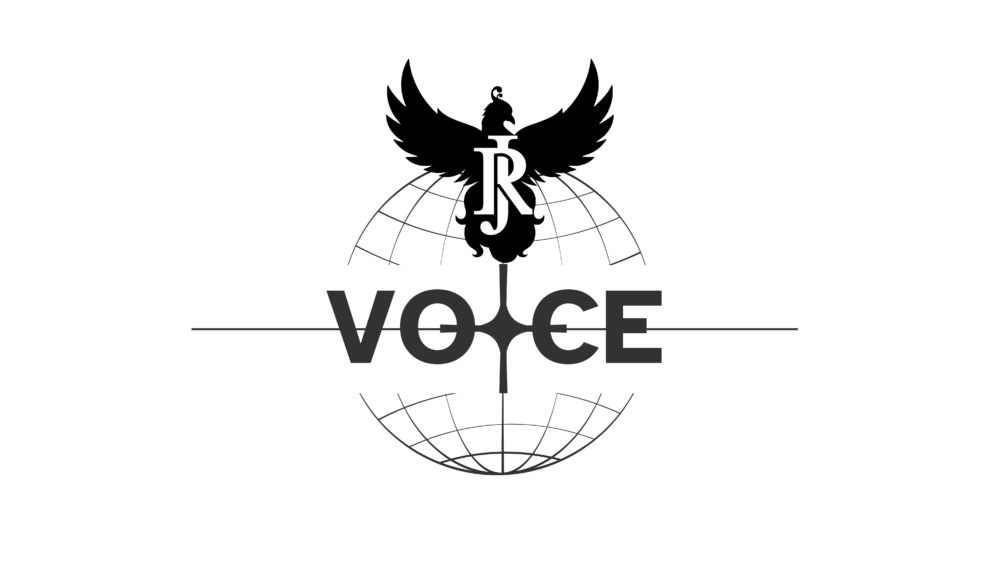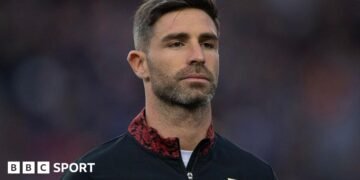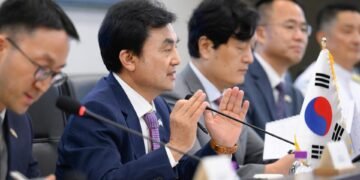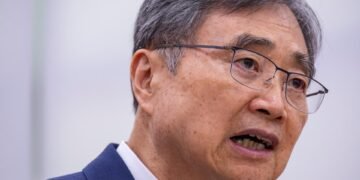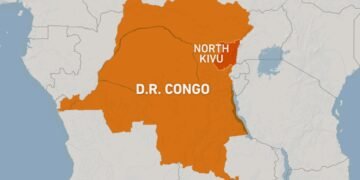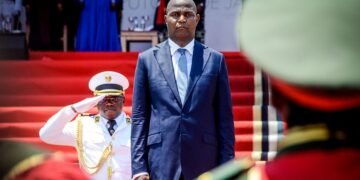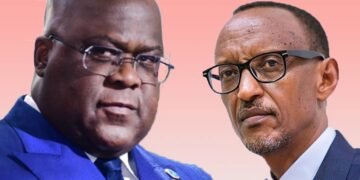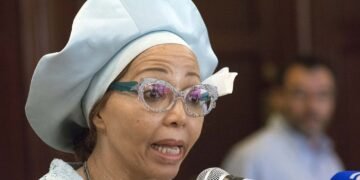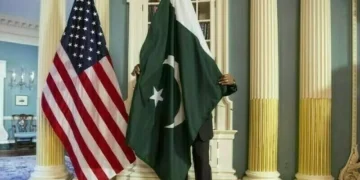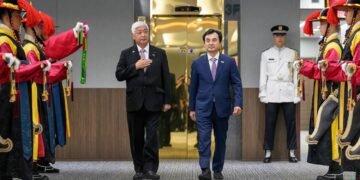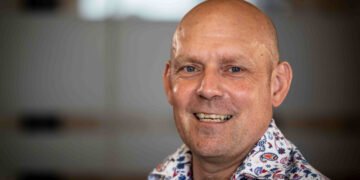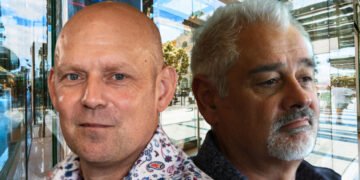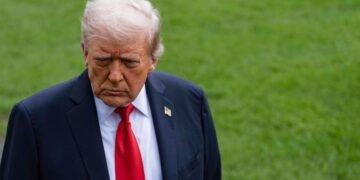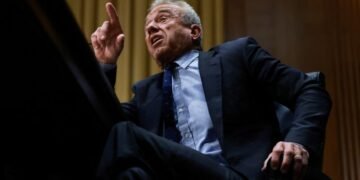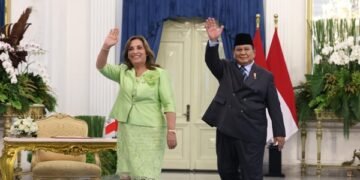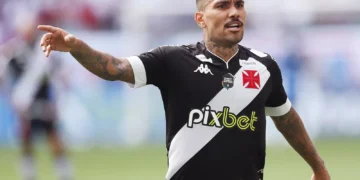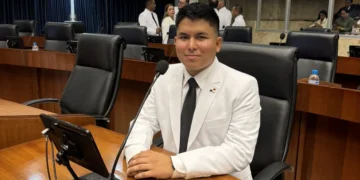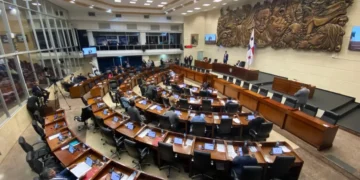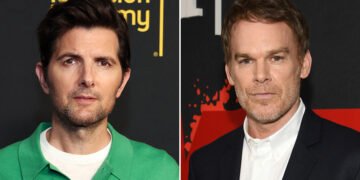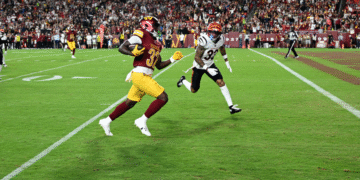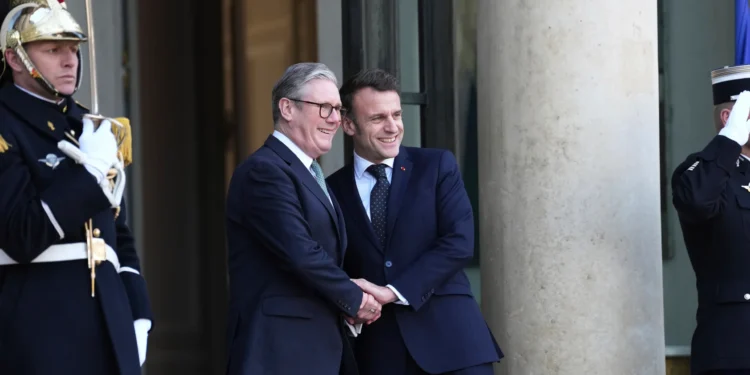The United States has officially stepped down from its role as chair of the Ukraine Defence Contact Group (UDCG), with the United Kingdom and Germany now taking the lead in coordinating military support for Ukraine. Dutch Defence Minister Ruben Brekelmans confirmed the leadership transition, signaling a new phase for the alliance of key allies backing Ukraine in its war against Russia.
Speaking on the sidelines of a recent gathering in Brussels, Brekelmans said the shift in leadership reflects the commitment of European nations to continue regular coordination and support through the UDCG, also known as the Ramstein group. “It’s good that this has now been formalized,” he said. “The United States is still very much involved, but the chairmanship has passed to Germany and the UK.”
The UDCG, composed of all 32 NATO members along with 25 partner countries and the European Union, has been central to organizing the flow of military aid to Ukraine since the start of the full-scale invasion. Until recently, the group had been led solely by the US under former Defence Secretary Lloyd Austin. However, his successor, Pete Hegseth, has yet to take on the chairing role, and recent meetings have been steered by European leaders.
Initially, the UK and Germany’s joint leadership was believed to be a temporary solution while the new US administration transitioned into its role. However, Brekelmans’ remarks confirm that the shift is now permanent.
The change comes as part of a broader recalibration of the US role in NATO under the Trump administration, which has sent signals suggesting a more limited engagement with the alliance. This includes the potential redeployment of American troops currently stationed in Europe, which number around 100,000.
Brekelmans acknowledged the possibility of such a move and emphasized the importance of a coordinated transition. “If the US chooses to reallocate resources, whether for homeland defence or toward the Indo-Pacific, we need to approach it jointly,” he said. “Europe must be ready to take on a greater role while ensuring the US remains a core part of our collective security.”
He stressed that NATO’s strength and unity remain crucial, not just for Europe, but for American interests as well. “Keeping the US involved in NATO is in everyone’s best interest,” he concluded.
US officials have not yet issued a public comment on the leadership change in the UDCG.

